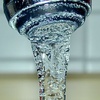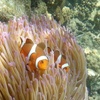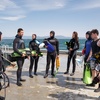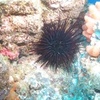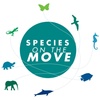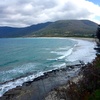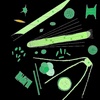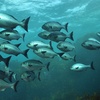
Seas are rising faster now than any time in the last 2800 years, scientists say
A group of scientists says it has now reconstructed the history of the planet's sea levels arcing back over some 3000 years - leading it to conclude that the rate of increase experienced in the 20th century was "extremely likely" to have been faster than during nearly the entire period. Read more at The Sydney Morning Herald.



